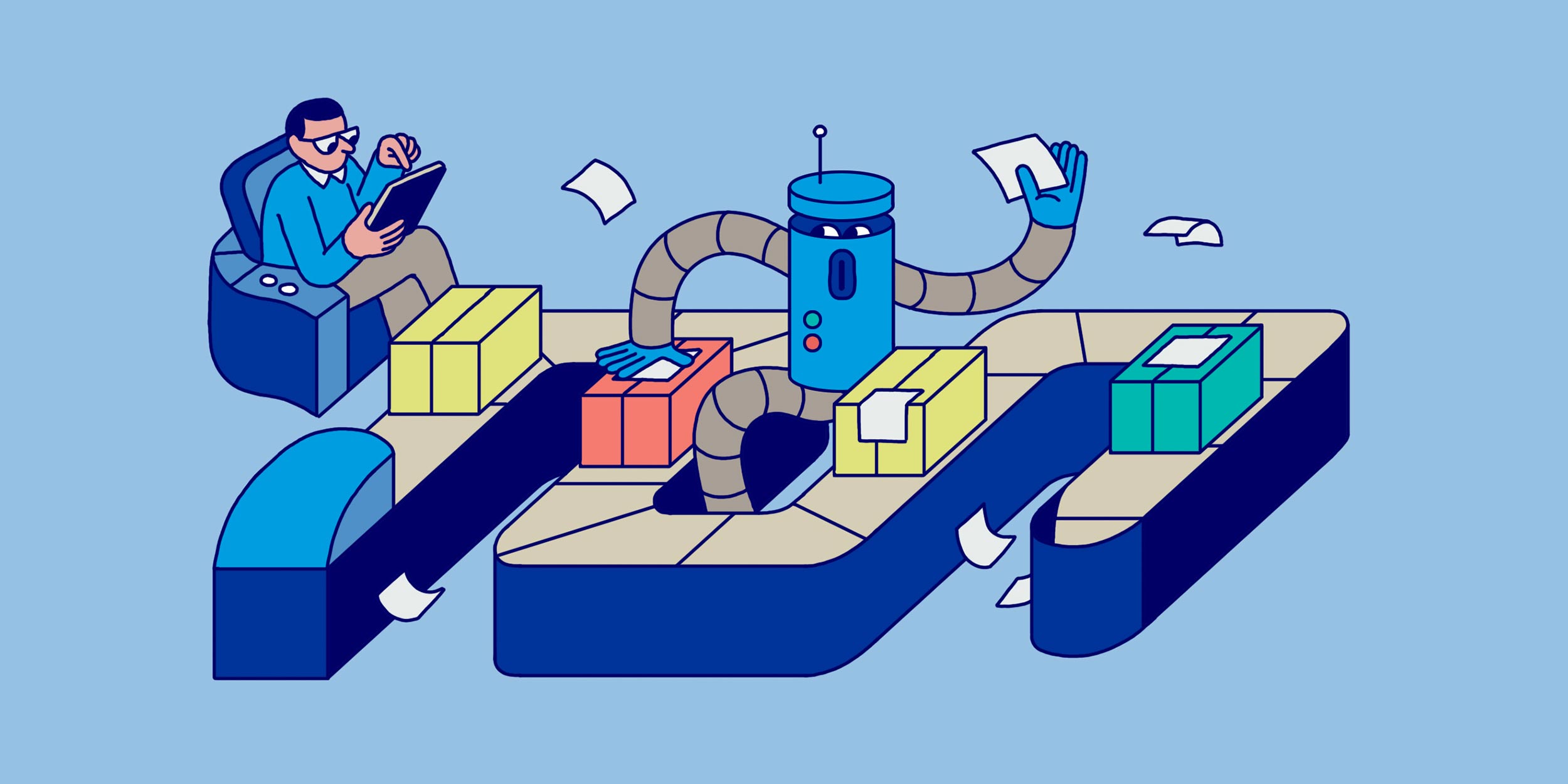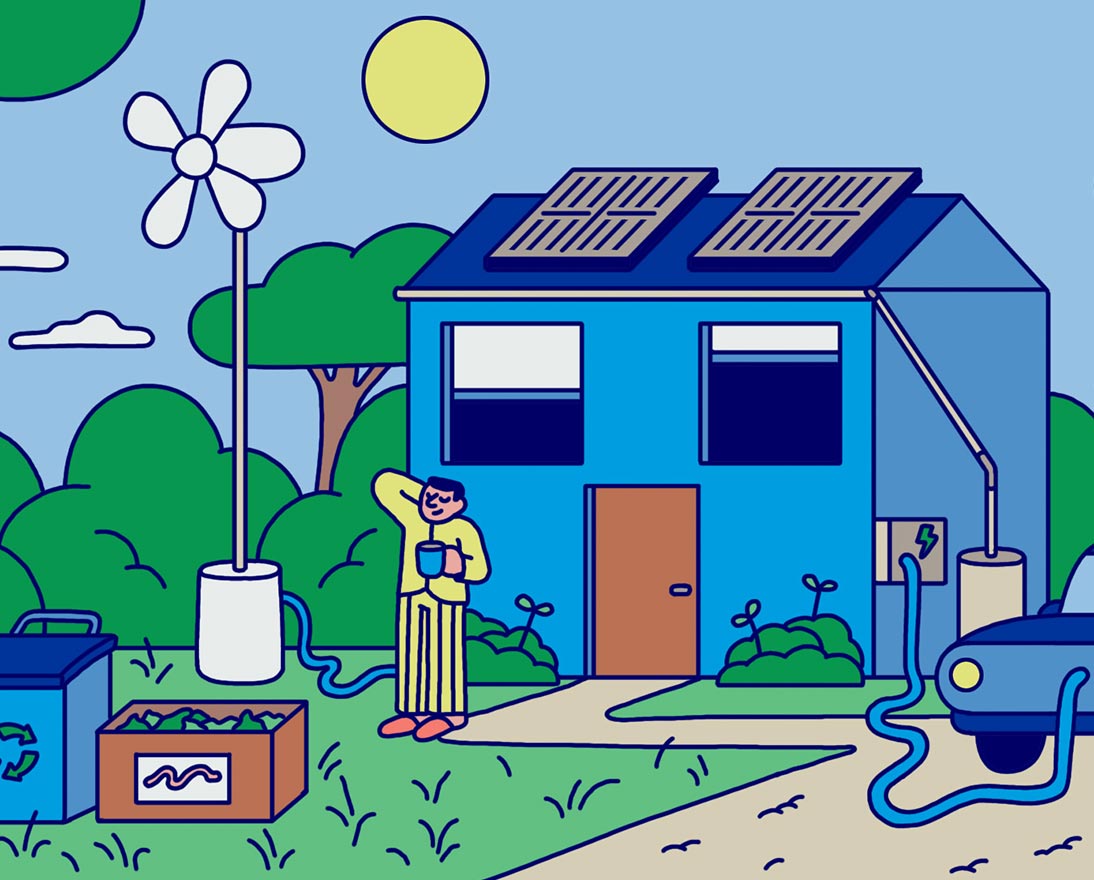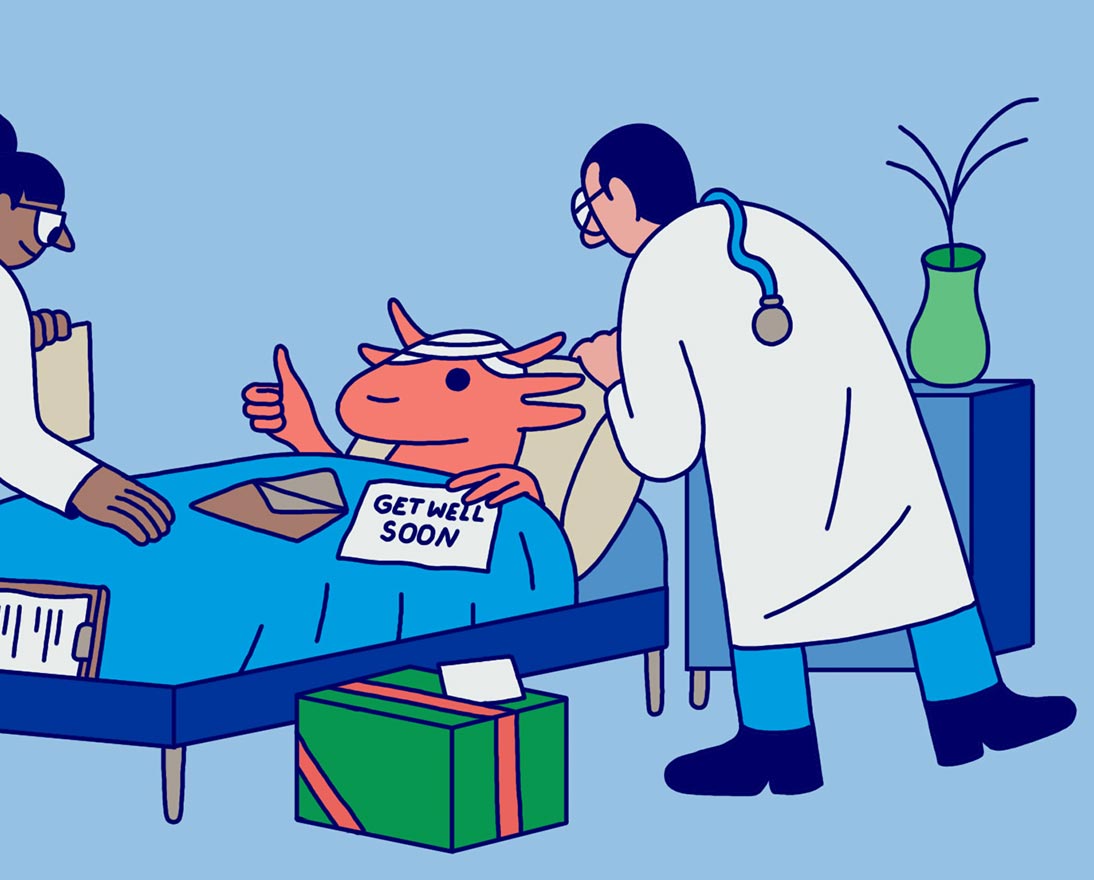Automation Could Set us Free
SustainabilityArticleDecember 8, 2020
Zurich Insurance Group (Zurich) and VICE look at the ways that technology and increased digitisation could actually afford us more of what we love
Robots are stealing our jobs, at least this is what we’re led to believe when we think about automation and the way it is transforming the world of work. Every few months a report appears in the media warning about the number of workers, often in the millions, who are set to lose their jobs as a result of increased automation. In times of economic uncertainty, particularly during a pandemic, this might sound ominous, as if increased automation is one of the drivers of the dystopian nightmare engulfing us all.
But the reality is nowhere near as bad as it sounds. Firstly, the pace at which this process is happening is still quite slow and it doesn’t necessarily mean workers will lose their jobs. A study published last year titled “Automatic Reaction: What happens to workers at firms that automate” found that the risk of workers losing their jobs because of automation is much smaller than the risk of losing work due to general economic conditions. But the pace at which this happens will probably speed up thanks to technological developments.
“We expect this trend to increase as a result of the pandemic”, said Jason Cripps, Global Head of Operational Excellence and Intelligent Automation for Zurich. “While it might take longer than some experts predict, this is something which millenials will increasingly recognise in their working lives.”
Eventually the impact of automation on the workplace could be significant and while the estimates may vary, it will probably be profound. At the moment around 3% of jobs could be automatable according to research by PwC, but by the mid-2030s 30% of jobs could be at risk. As artificial intelligence becomes increasingly sophisticated, more and more tasks which are currently done by human beings will be able to be completed by computers or robots.
This will happen unevenly, some companies in some sectors will be able to accelerate the pace of increased automation, like Amazon replacing delivery drivers with drones or Google and Uber battling to develop unmanned cars. But not every firm will have the resources to make these changes. Most employers will wait until it’s cheaper to implement these types of technology than it is to employ human beings and that could take some time.
Still, for many this is a worrying prospect, in part due to popular culture. The cult Terminator film series was set in a future where robots, that had been created to meet the needs of humanity, became self-aware and declared war on their creators. While this might be quite far-fetched, even more mundane depictions of the impact automation might have, also feel believable. The film Elysium is set in a future where the super rich live on an orbital platform while back on Earth there are barely any jobs, except for those making or repairing robots.
The fear of automation is in part motivated by a feeling that robots are better and stronger than humans. “If football was played by robots, I’d win everything,” Leeds United manager Marcelo Bielsa once remarked. Whenever footage of Boston Dynamic’s news robots appears online it tends to go viral, with the robot’s abilities exciting and terrifying audiences.
But the increased use of automation doesn’t need to be a bad thing at all. In fact, it could even play a huge part in helping to create a brighter future for us all, particularly if we take advantage of the opportunity to create more leisure time.
Ever since the industrial revolution first pulled people away from fields and workshops and into factories, people have been imagining a society where technology reduces the amount of time we all need to work. From Karl Marx to John Maynard Keynes, thinkers have long been arguing we could all work less and still have a decent quality of life.
Our urge to work less and the way technology can make that happen has also been captured in popular culture. The 1960s cartoon The Jetsons depicted the life of a family which has a robotic maid to do housework and a vending machine which makes food. As a result, their household chores are minimal and they have more time to enjoy themselves. Positive depictions of automation like this let us imagine the kind of life we could have if the tasks we currently have to perform could be done by computers or machines.
Having less work to do opens up a whole range of new possibilities for workers and companies. Zurich’s Cripps told VICE: “Being able to automate tasks creates increased productive capacity for the organisation and enables employees to focus on true value-adding activities that meet customers' needs. Employers need to recognise increased automation and digitisation as an opportunity to upskill their workforce and rethink their end to end processes.
Automation and increased digitisation might be transforming the world of work but this doesn’t have to be a bad thing. We could even ensure automation helps to create a brighter future. By harnessing technology we could reduce the number of hours we all work and live in a world where there is a greater focus on leisure and enjoyment.



